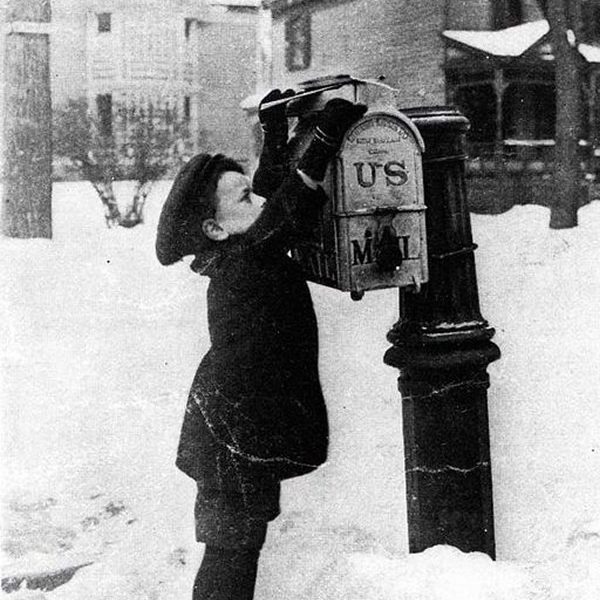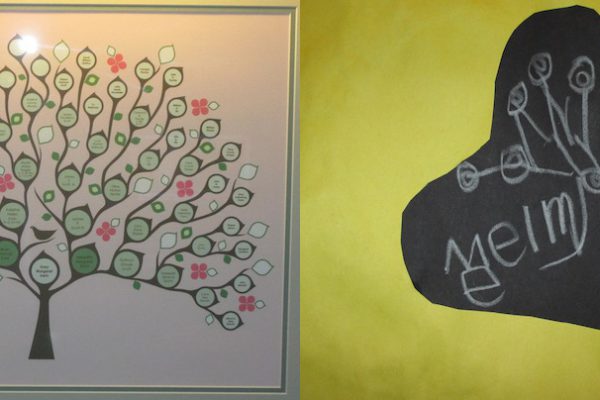
I received a letter – a handwritten card with the inside and back filled with news. It is a bit sad that this is such a remarkable event. We received lots of holiday cards, but they were either picture cards or typed and copied updates. I wish we all had more time for this personal and meaningful way of connecting with dear, if distant, friends and family.
Research shows Americans, in general, are not great writers, and email has further deteriorated proficiency at this necessary skill. Research also shows writing intimidates students, and commenting on writing intimidates teachers, and, I would guess, parents. My daughter right now loves to write poems, and it is difficult to think of comments that not only support just the act of writing but also help her think more about the process and the end result. I think she has composed a poem about every trail she has skied, hard to know what to say!
Here are some tips from Nancy Sommers at Harvard Graduate School of Education. Teachers might find more value in the differentiation of grammar and writing lessons, but parents can borrow the phrase, “in your next poem.” This is good universal advice – offer constructive criticism in a way that assumes that another chance will be taken.
But perhaps in a similar way to encouraging kids to chose their own books, we should let them chose what and to whom they write. CLiF’s mission is to spread a love of reading and writing. Our new Community Building Grant offers a Pen Pal program. Here is some research that supports this new grant opportunity and using letters to connect kids with all kinds of people.
- Elders: Gerontologists — doctors and scientists studying the process of aging – have found that older adults who recall (and share) how they overcame past struggles more ably confront new challenges. This research resulted in many elder care facilities initiating storytelling/biography writing programs.
- Family members: Researchers studied 66 middle-class, mixed-race, 14- to 16-year old adolescents from two-parent families. In the end, teens who knew more stories about their extended family showed “higher levels of emotional well-being, and also higher levels of identity achievement, even when controlling for general level of family functioning,” the study found. Vermont author and CLiF presenter Natalie Kinsey-Warnock based her Storykeepers program on this research. Kinsey-Warnock visits elementary schools with the program focused on conducting genealogical research on family or community members and helping young children see themselves as part of the bigger picture.
- Other kids: Pen Pals – a tried and true program for building reading and writing skills – also helps build compassion for others. There is power in learning that kids are kids no matter where they live!
In this crazy world, maybe we could all use to write a few more letters, connect with a few more cherished people, and help our kids build confidence in themselves and this world. The deadline for the Community Building Grant is January 17, 2017. Read more about the opportunity before using this as motivation to write your holiday thank you notes!
Photo: By Smithsonian Institution (originally posted to Flickr as Mailing Letters) [Public domain], via Wikimedia Commons


